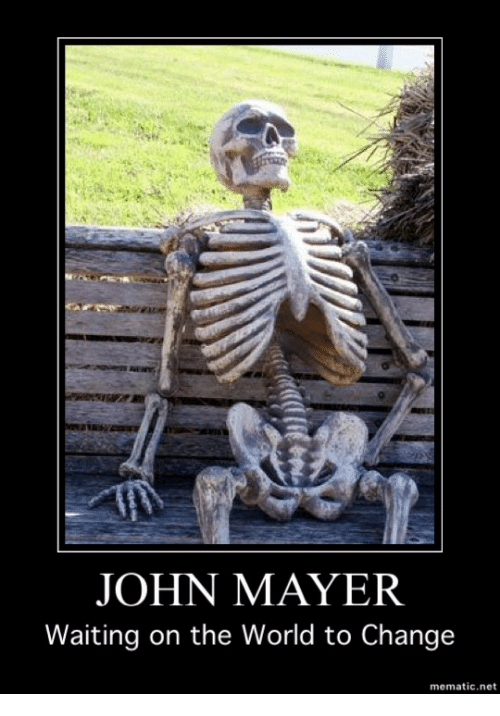Doing Good Things in Challenging Situations: Practicing Practical and Emotional Responsibility Through COVID-19
It is an age-old question: if there is a God, why does he let bad things happen to us? Or, to put it in secular terms, why does bad exist?
During the lock-down, I have been reading one chapter each morning from Shubha Vilas’s Open Eyed Meditations, and I recently found an answer to the aforementioned question. In a chapter entitled “Scratching the Bad Side of People,” he says, “...only in the right environment do humans prefer exposing their good side. It’s only a very rare soul that can behave with equanimity in any season. Most humans tend to reserve their good for the good and exhibit their bad more freely.”
We find ourselves at intersections every day in life. As the drivers behind the wheel, we have the choice of stopping or running the reds, turning right or turning left, or continuing straight. These choices define us and our trajectories in life.
Good people do bad things when confronted with challenging situations they feel they do not deserve. Only when they have admitted their responsibility to maturely respond to those situations and, frequently, to their own guilt in creating them, do good people do good things in challenging situations. Only then can they identify their ethical obligations, diagnose their mistakes and shortcomings, and grow from them.
But as it is, we tend to believe that the onus is on the situation to “deserve” us, rather than on us to work towards deserving a better situation. We see ourselves as the troubled victims of already published stories, rather than the authors of up-and-coming novels.
Situations in themselves are neither good nor bad.
It is our reactions and perspectives on them that make them such. Great people see challenging situations normally deemed “bad” as the best opportunities for growth. They admit their role in determining the positive or negative potential of a situation via their mindset, and sometimes they even admit their role in creating the situation in the first place. Such an admission is easier said than done; while we are often quick to attribute another’s misfortune to bad karma, when it comes to ourselves, we tend to discount karma as bogus, hippie-dippie propaganda. But alas, what is right is rarely easy in the beginning.
Since the lockdown began in the United States, finding toilet paper at the store has become a Facebook-worthy event. What distinguishes those who stockpile it from those who leave enough for others?
COVID-19 is certainly presenting us with a challenging situation, and in doing so, it is also presenting us with the opportunity to either choose to be victims (making it a bad situation) or to contribute to our communities (making it a good situation). Currently, reactions and perspectives are distinguishing those who are suffering during this lock-down from those who are thriving. We can choose to take out our frustrations on our ever-present family members, or we can put the reins on our emotions and spend rare quality time with them instead. We can choose to indulge our desperation and fear by stockpiling stacks of hand sanitizer and toilet paper, or we can exhibit generosity and grace by sewing masks for medical workers. And after the lock-down ends, we can choose to resume our normal gas-guzzling habits, or we can sustain a more conservative lifestyle that has minimized pollution around the globe.
You might be wondering what this has to do with the objectives of Body Banter. So here it is: How we treat our relationships with our bodies directly mirrors how we treat every other challenge in life. If we can practice exhibiting our good qualities no matter what the external COVID-19 situation looks like, then we can do the same with our bodies.
Take some time to write down your intentions for this month. The more creativity you can use, the more memorable your intentions will be, and the more likely you will follow them every day!
The appearance of your body -- be it “too thin,” “too fat,” or anywhere in between -- will have no impact on your potential for physical and/or emotional recovery.
Nor will it matter if you are in a judgemental environment in which others are constantly commenting on your weight or using trigger words. Once you accept responsibility for your own frame of mind, you will always have the ability to maintain a positive body image in challenging situations, and you will therefore always have the ability to improve. Conversely, if you continue to blame your troubled mindset and past traumas on others, you will only succumb to a negative body image when the going gets tough, and you will never improve.
Furthermore, we have the gift of this extended time at home to do good things for our bodies.
Maybe this means practicing more gentle, mindful exercise, like yoga. Maybe it means meditating every morning. Maybe it means using this month as a landmark to signal when you started feeding yourself enough food again, or as the point in time when you stopped counting calories. Let this time of social stagnation be one of spiritual inflation. Let this be the time that you finally accept responsibility and commit to change.
As much as I am a John Mayer fangirl and shamelessly cry to his lyrics on road trips, I cannot get behind him when he says that he and his friends are just “waiting on the world to change.” For in reality, our world is waiting on us to change. And when we do, bad will cease to exist.




